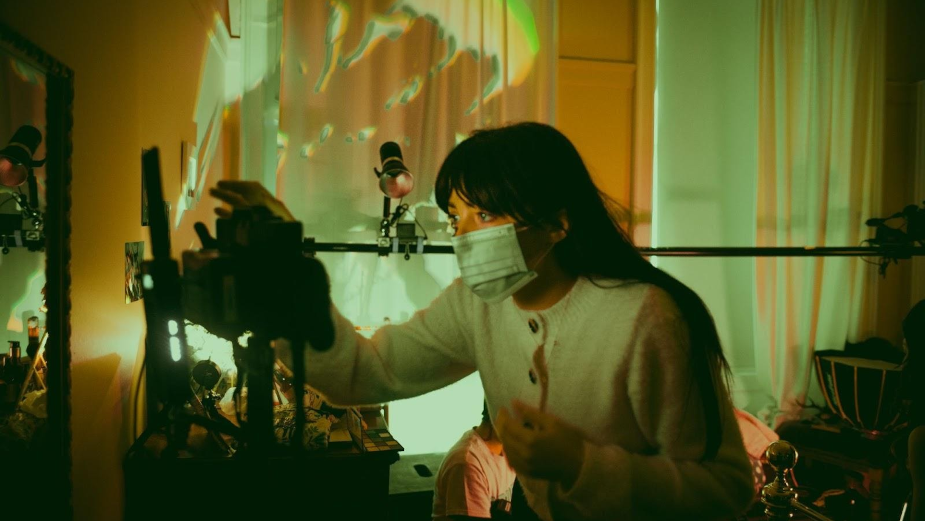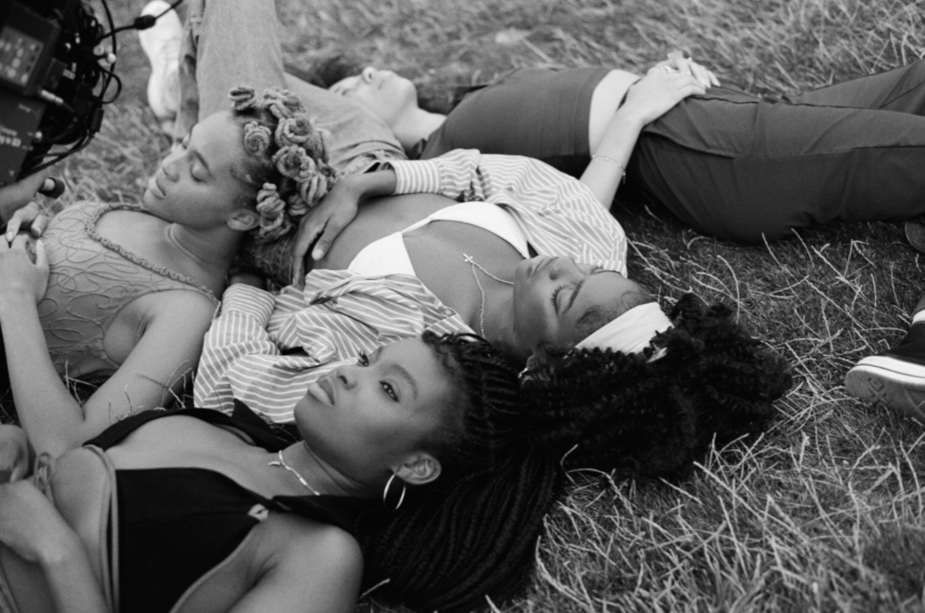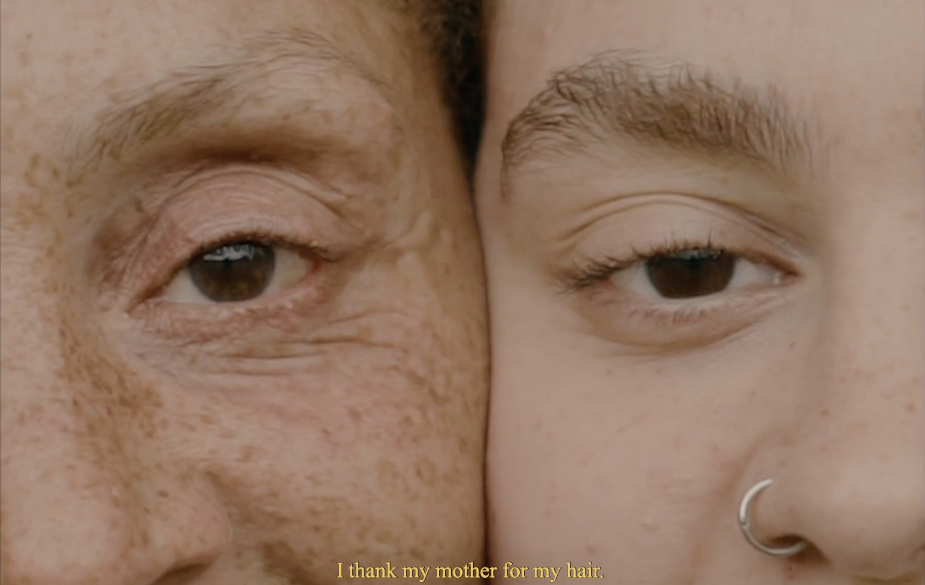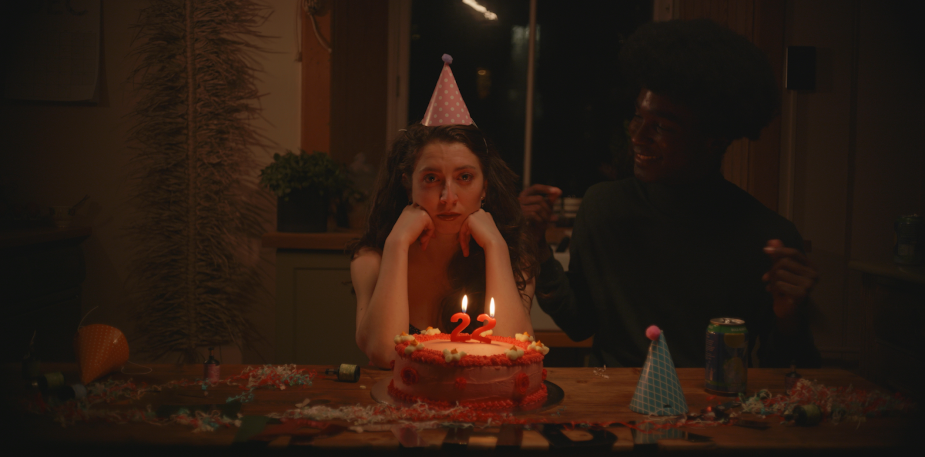
Career Knowledge is Power! Another Strategy to Achieve More Fair Representation

Directors who want to enter the commercial production industry often struggle to find a way in, because they have no idea how to achieve that way in. This lack of clarity means we’re at risk of missing out on creatives with unique, compelling work.
People might say that talent always finds its way to the top - but how do we know that for sure? We don’t know which talents have fallen by the wayside and why. One thing we do know about under-represented talent is that they’re under-represented because they have more barriers to success.
As part of Shiny’s diversity and inclusion work, Bonnie MacRae & Caroline Bottomley have been interviewing new directors in the UK. Here they speak to three new directors who recently screened and won at Shiny, and to an up-and-coming unsigned director seeking guidance on how to navigate an industry which seems hidden in plain sight.
“There’s not a lot of practical education on how to break into the industry and how things work for prospective commercial directors,” says Bonnie. “Directors’ questions include: How do I know who to approach? Does my reel fit the bill? Do I need to make spec ads? How do I get in the same room as the people I need to meet?...”

Ella Ezeike is a Los Angeles filmmaker, now based in London. Her critically acclaimed short film ‘Bluebird’ received a Vimeo Staff Pick and was screened in cinemas alongside Reggie Yates’ debut feature film, ‘Pirates’.
“I was extremely tired of not being given an opportunity to share stories that I believe should be shared,” says Ella. “I have to be honest, I'm still quite new to the industry and the aim of the game is really to learn as you go. A lot of what I know I taught myself through trial and tribulation, organising my own shoots, and learning on set. I find the commercial world extremely confusing and I'm learning there's no really direct way to access it. A lot of the access is who you know, creating the work, and getting noticed by the right person. I find out who's behind campaigns or films that I like, search them up on Instagram and sometimes I'm lucky enough to meet respected people in the industry through jobs. You really have to work hard, and be unapologetic about who you are and your craft.”
Ella’s film ‘Bluebird’ won a Shiny Award in 2021 and found that exposure and connection was right on track:
“I've been approached by directors agents from reputable directors agencies, and have had meetings with a few of them. I'm really grateful for Shiny for giving me the platform to showcase my work and for connecting really talented people in the industry. I know the (commercial) industry is tough, and commercials are a hard ball to crack but I hope to be given the opportunity to do some commercial work as I have so many ideas I want to implement.”

Susie Peng and Anna Dobos are founding members of Somewhere Films, a filmmaking collective made up of womxn in the UK, USA and the Caribbean. Their beautifully-shot short film ‘I Thank My Mother For My Hair’ also won big at Shiny and is part of the vast array of commercial and narrative work already featured in their portfolio.
“We're always keen to learn more about every aspect of our industry,” say Susie and Anna. “Things move fast, there's always new technologies, new trends, new skills and people to meet. Endless learning is a big part of why we love working in this challenging and rewarding world of film. Marketing ourselves and our work is still a learning process and something we plan to invest more time and energy into this coming year for sure! Our go-to has been social media in the past, as well as going to screenings and networking events. We've been very lucky to have our short films screened on Minute Shorts (on the app as well as screening events) and especially at the Shiny Awards, where the reception to our film and the networking opportunities it opened up has been amazing.”
Speaking of access to the industry itself, they add: “For the longest time, getting commercial work without representation has been hard. The main issue is the catch-22 many directors face in getting representation without commercial work in your reel - which is of course hard to get without representation. The path for many has been starting on very small commercial projects and building up, or investing in spec shoots for major brands while trying to support yourself in various ways. But places that let you showcase your non-commercial work to agencies and producers, like Shiny Awards, Director's Notes, etc. have proved, at least for us, that there are other ways to start building those connections and have been a wonderful resource. It would be amazing to have even more resources like this, as well as mentoring and training opportunities!”
An important concern of representation is regionality. How difficult and daunting can the industry appear to be to those filmmakers slightly further afield? Bonnie MacRae’s main role is as a writer and director from Dundee. Her work explores topics including male suicide and endometriosis, and has screened at multiple global festivals. She’s been commissioned by the BBC and Columbia Records amongst others.

“Coming from a smaller city and not ever really seeing a career in the film/tv industry as something that’s normal, let alone viable, is really significant in the type of stories I want to tell,” she says. “I want to make work that represents where I come from, and the upbringing I had. I think it’s so important to stay true to what you know and as a working-class filmmaker from a regional part of Scotland, so much of that for me has never truly been depicted on screen. To be able to continue making work that represents my hometown and the people I grew up with is my biggest aim.”
It’s clear that amplifying the reach of the industry is crucial for new directors. “As far as commercial production, in Scotland anyway, I think the community of female directors is pretty small. The talent pool is definitely much larger than those putting commercial work out there, I guess it’s just about bridging that gap to connect the two. It still feels like the heart of the industry is London-based and I’m still very much in the dark when it comes to connecting with agencies and production companies. I really think a lot more Scottish and regional directors would be given access to more creative opportunity if the sign posts were big enough. Unless you’re extremely proactive and willing to put in a lot of research, the industry can seem both geographically and metaphorically far away from what you know.”
Many production companies, post houses, ad agencies, services companies are helping democratise access for talent, with better employment practices, diversified rosters, showcasing and promoting under-represented creatives, mentoring and much more. It’s a goal to be achieved by many strategies, and sharing knowledge and career advice plays an important part.
Career resources from the Shiny Awards
Shiny has a collection of career resources for new directors, including advice from industry leaders, and community-based guides. Their next release will be a regional guide for new directors building a career in Scotland. You can find out more via their newsletter or contact Caroline or Bonnie via admin@shinyawards.com.











